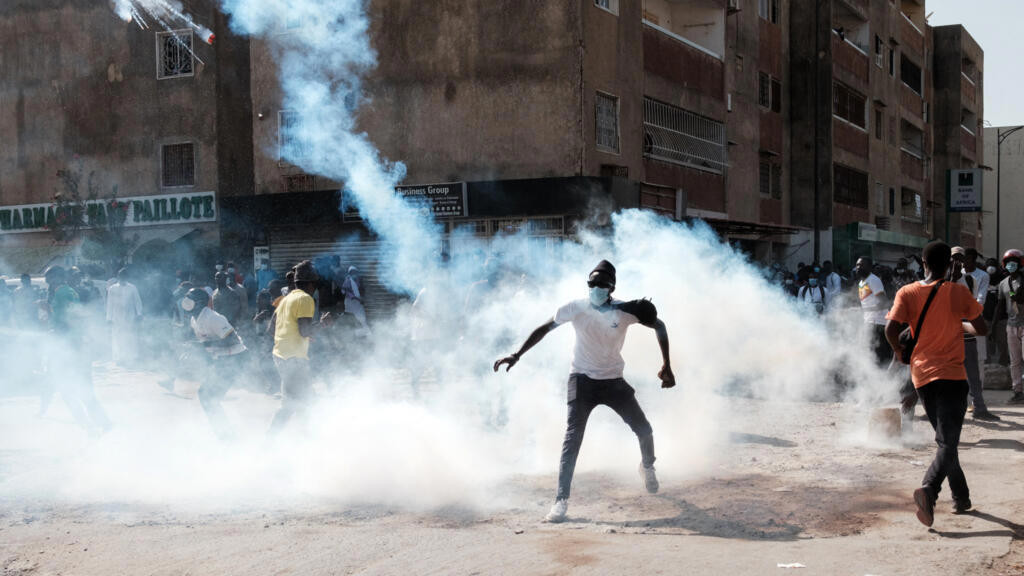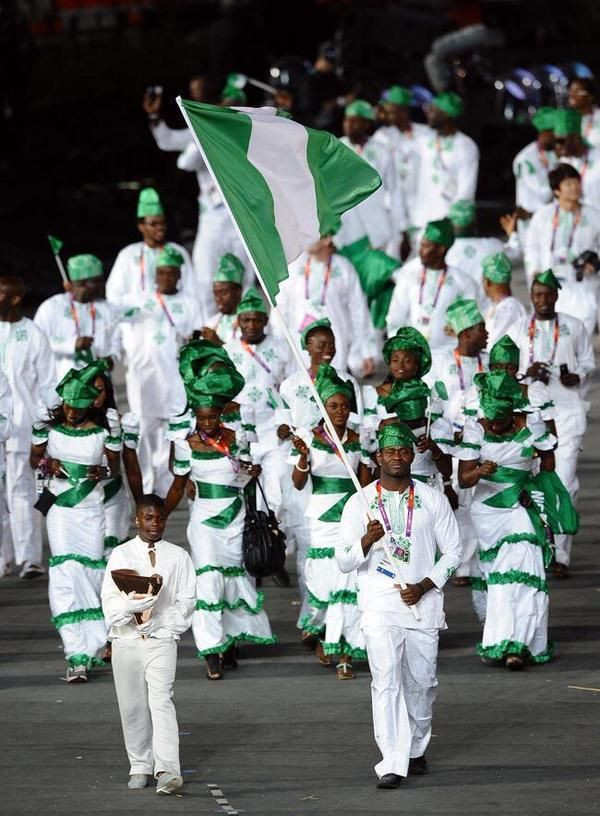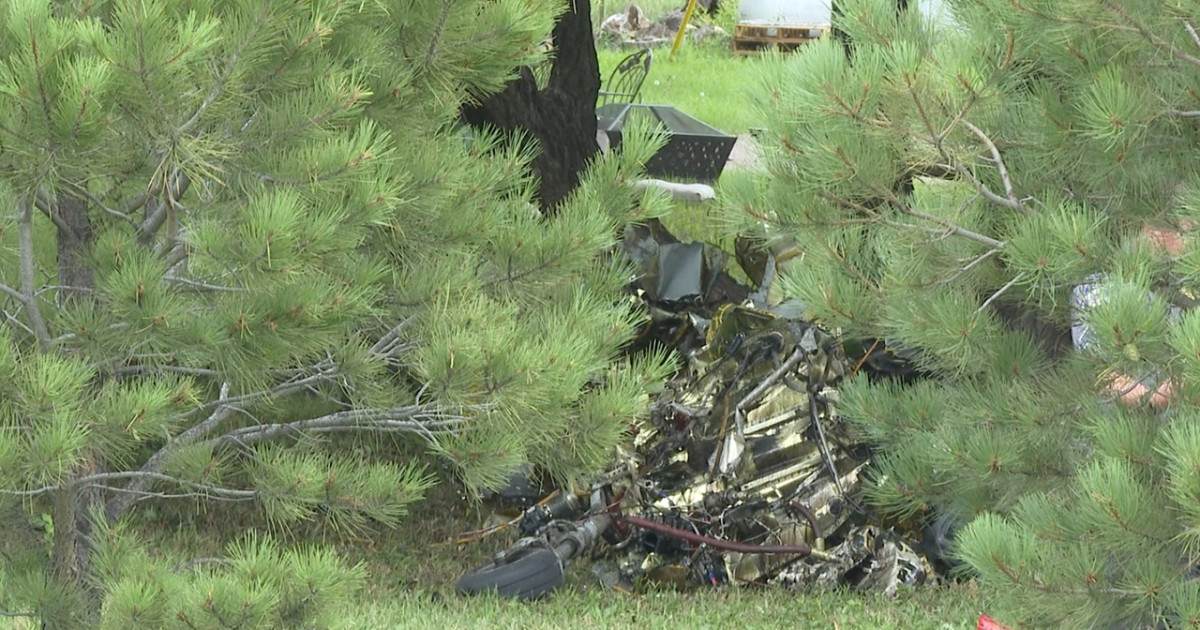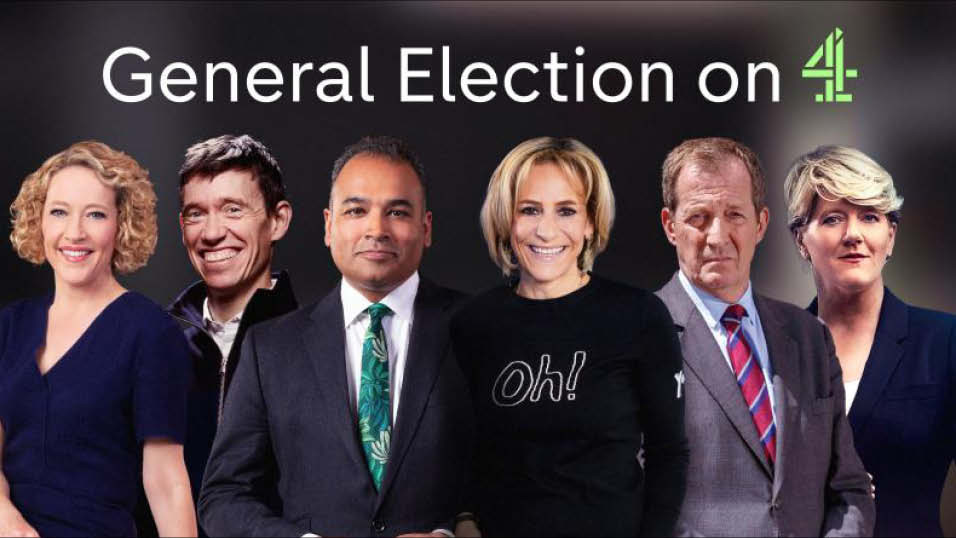South Korea's Unfolding Political Crisis
The political landscape of South Korea is currently embroiled in a profound crisis, marked by a series of dramatic events that have sent shockwaves across the nation and the international community. The crisis stems from President Yoon Suk Yeol's controversial and short-lived declaration of martial law on December 3rd, which has ignited a firestorm of public outrage and political maneuvering. This decision, made in a late-night television address, accused the main opposition party of sympathizing with North Korea and engaging in “anti-state activities.” The ensuing events have tested the resilience of South Korea's democratic institutions and triggered a complex chain of events. Dramatic footage from that night captured security forces breaking through windows of the National Assembly in an attempt to prevent lawmakers from convening.
The Fallout from Martial Law
President Yoon's declaration of martial law lasted a mere six hours, eventually rescinded after lawmakers forcefully entered the parliament to reject the decree. This swift reversal, however, did little to quell the growing storm of opposition and condemnation. In the immediate aftermath, President Yoon faced intense pressure to resign from his position. He narrowly survived an impeachment vote on Saturday, only after members of his ruling conservative People Power Party boycotted the vote, a move widely seen as a desperate attempt to protect him from removal from office. The party's leader, Han Dong-hoon, despite this, still insisted on Yoon's resignation, signaling a significant fracture within the ruling party itself.
The Arrest of Key Figures
The controversy surrounding the martial law declaration has expanded beyond President Yoon. Former Defense Minister Kim Yong-hyun, who had already resigned, was arrested on insurrection charges. The Seoul Central District Court issued the warrant, citing concerns about evidence destruction and the gravity of the alleged crimes. The court’s statement highlighted the seriousness of the charges, noting the consideration given to the level of support for the accusations and the potential for evidence tampering. The former Minister is accused of recommending the imposition of martial law and is considered the first key figure detained in this ongoing investigation. He was moved to an isolation room after attempting suicide in custody. His attempt was thwarted, and he remains in custody. The Commissioner General of Korea Correctional Service, Shin Yong-hae, disclosed to legislators that the attempt occurred in a bathroom and was interrupted by a corrections officer. These arrests underscore the widening net of the investigation into the events surrounding the martial law declaration. Furthermore, the heads of the national and Seoul metropolitan police agencies were also arrested on insurrection charges.
An Impeachment Looms
The opposition Democratic Party is poised to launch a second impeachment attempt against President Yoon, with a vote potentially scheduled as early as Saturday. The initial impeachment effort failed due to a boycott by members of Yoon's party, leaving the motion short of the required two-thirds majority. The opposition's determination to pursue impeachment highlights the deep divisions within South Korean politics and the extent of the public's dissatisfaction with President Yoon's actions. The success of a second impeachment bid would temporarily place Prime Minister Han Duck-soo in charge of state affairs, pending a final decision by the Constitutional Court of Korea.
The Question of Leadership
The events of the past week have raised fundamental questions about the leadership and stability of South Korea. President Yoon's absence from public life since Saturday, coupled with statements from his party suggesting that he has withdrawn from state governance, has created a power vacuum. Legal experts and politicians have highlighted the lack of any legal basis for the party leader or prime minister to assume presidential responsibilities. These actions have been described as a “second coup,” undermining the constitutional order.
Who is Actually in Charge?
The uncertainty surrounding who is in charge of the country has fueled concerns among citizens and the international community. The ruling party’s leader stated that President Yoon would be taking no further part in state governance before his resignation, but gave no timetable for when he would step down. This has led to open questions about the chain of command, particularly within the military. While the Defense Ministry maintains that Yoon remains the commander-in-chief, a spokesperson's inability to confirm the reception of any official orders from the president since Saturday further amplifies the uncertainty. This lack of clarity has heightened anxiety and fueled speculation about the stability of South Korea's governance during this period of intense political upheaval.
The People Demand Answers
Public support for the impeachment of President Yoon remains high. A recent survey by Realmeter indicated that 74% of South Koreans favor his removal from office. This substantial public sentiment underscores the widespread dissatisfaction with the handling of the martial law declaration and its aftermath. The ongoing protests, coupled with the calls for impeachment from the opposition party, reflect the urgent need for accountability and the restoration of trust in South Korea's political system. The situation remains fluid, with the possibility of further arrests, impeachment votes and ongoing investigations. The coming days will be pivotal in shaping the future of South Korea’s political landscape.
The Unanswered Questions Remain
The crisis in South Korea is far from over. The arrests of key figures, the looming impeachment vote, and the unanswered questions regarding leadership all point to a period of prolonged uncertainty. While the initial shock of the martial law declaration may have subsided, its consequences continue to ripple through the country’s political, social, and institutional fabric. The coming weeks will be critical in determining the ultimate resolution of this crisis, the restoration of stability and the accountability of those involved. This evolving situation deserves continued attention and analysis as its ramifications extend far beyond South Korea’s borders, impacting regional and global stability. The international community watches with bated breath as this crucial chapter in South Korea's history unfolds. The ongoing investigation will undoubtedly be pivotal in clarifying the motives and actions of the individuals involved, ultimately informing a just resolution to this multifaceted crisis. The repercussions of this unprecedented event will continue to shape the political discourse and public trust in South Korea for years to come. The future of South Korea hangs in the balance.

















